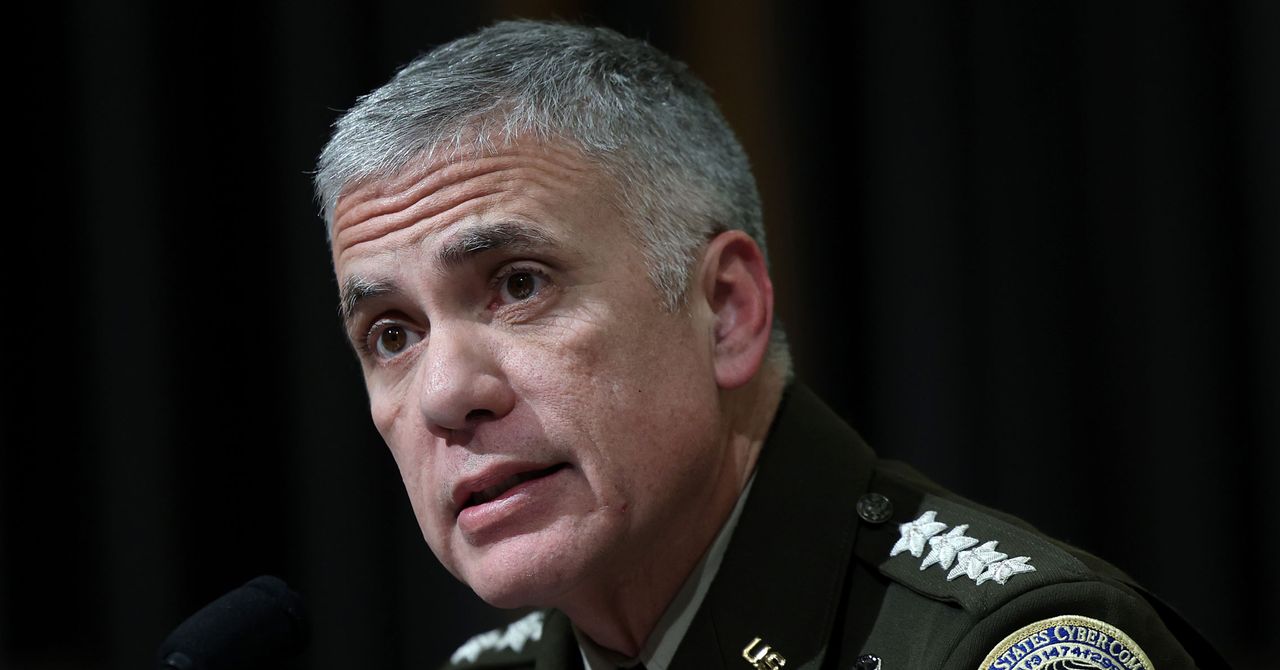Ex-NSA Chief Paul Nakasone Has a Warning for the Tech World

The Trump administration's sweeping changes in US fiscal policy, foreign relations, and global strategy—coupled with massive layoffs across federal agencies—have cast doubts on our nation's cybersecurity priorities. This uncertainty was highlighted at two major digital security conferences in Las Vegas this week. Cybersecurity and Infrastructure Security Agency's CIO, Robert Costello, asserted, "We are not retreating, we're advancing in a new direction," during a pivotal infrastructure defense panel at Black Hat.
Intelligence and cybersecurity agencies have been scrutinized by the Trump administration, often restructuring these bodies to align more closely with its objectives. Notably, in April, the administration instructed departments to strip the security clearance of former CISA director Chris Krebs, illustrating its stance toward former cybersecurity officials. Similarly, an academic appointment at West Point offered to ex-CISA director Jen Easterly was rescinded after public criticism.
Former NSA and Cyber Command chief Paul Nakasone, speaking at Defcon with founder Jeff Moss, touched on the implications of AI, cybercrime, and the significance of partnerships in digital defense. Moss highlighted the political dimension of technology, observing that "tech has become political and every one of us is conflicted." Nakasone agreed, referencing the "Stargate" AI initiative as a pivotal moment, juxtaposed with the subsequent release of the Chinese AI platform, DeepSeek.
Nakasone also contrasted the demographic gap between US federal staff and the tech sector, sharing that during his tenure, he often found himself much older than the tech professionals he met and, conversely, among the younger ones upon returning to DC. This age discrepancy, he argued, poses challenges for national progress.
The dialogue also explored how the US is addressing threats from countries like China, Iran, North Korea, and Russia, along with broader digital threats. Nakasone emphasized the ongoing battle against ransomware, identifying it as a pressing issue that needs innovative solutions.
Moss, steering the conversation toward global uncertainties, questioned how neutrality is possible in a world fraught with geopolitical tensions stemming from issues in Ukraine, Israel, Russia, and others. He pondered the potential for retaining objectivity amidst shifting global dynamics.
Nakasone suggested that the rapidly changing global environment might challenge notions of neutrality in technology and national security discussions. He hinted that future discussions might unveil new complexities and alignments as the world continues to evolve.



